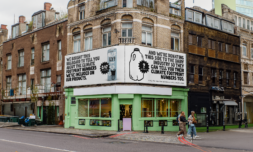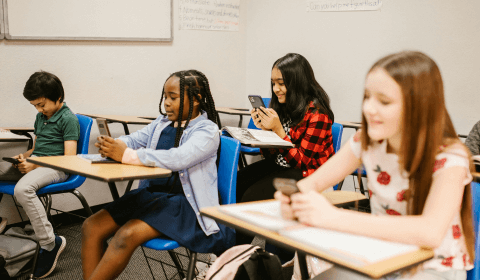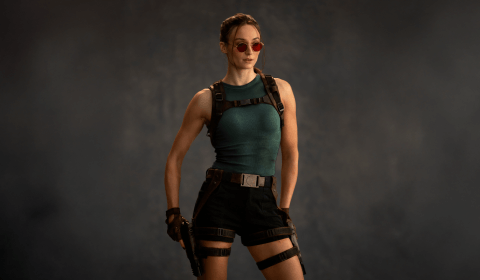The successful TikTok career of a US school shooter has raised questions around the accessibility of online spaces.
Many people dream of going viral on social media. After all, it promises overnight fame and widespread influence.
The growing capability of almost anyone to gain internet notoriety has increasingly aroused controversy. Whether it’s a seemingly mindless dance video or a unique soundbite, people are turning into overnight sensations – and capitalising on it – for doing what looks like, well, nothing at all.
But a recent TikTok star has drawn a different kind of criticism, after amassing hundreds-of-thousands of followers despite his controversial background.
Jon Romano, a school shooter who was released from prison in 2020, has gone viral on the video streaming platform for publicly talking about his actions. Many believe he shouldn’t be allowed on social media at all.
Romano served 17 years of a 20-year prison sentence for bringing a shotgun to Columbia High School in upstate New York in 2004. He was 16 years old at the time, and shot a teacher in the leg after the principal attempted to wrestle the gun from him.
While nobody was killed by Romano’s actions, he told police at the time that he had ‘fantasies for about the last year of going in Columbia and shooting up the place [sic].’
Now Romano has over 250,000 followers and 7 million likes on TikTok, where he talks about his actions and the lessons he has ostensibly learnt from them.
In his TikTok bio, Romano writes ‘After being part of the problem, it’s time to be a part of the solution.’
Romano tells viewers he’s sorry for the trauma and suffering he caused those involved at Columbia High school, and has become an unlikely figurehead for gun reform in the process.
‘Now I do my best to talk to people, to answer questions and hopefully make change so that other communities, other people don’t go through what my victims did.’




















